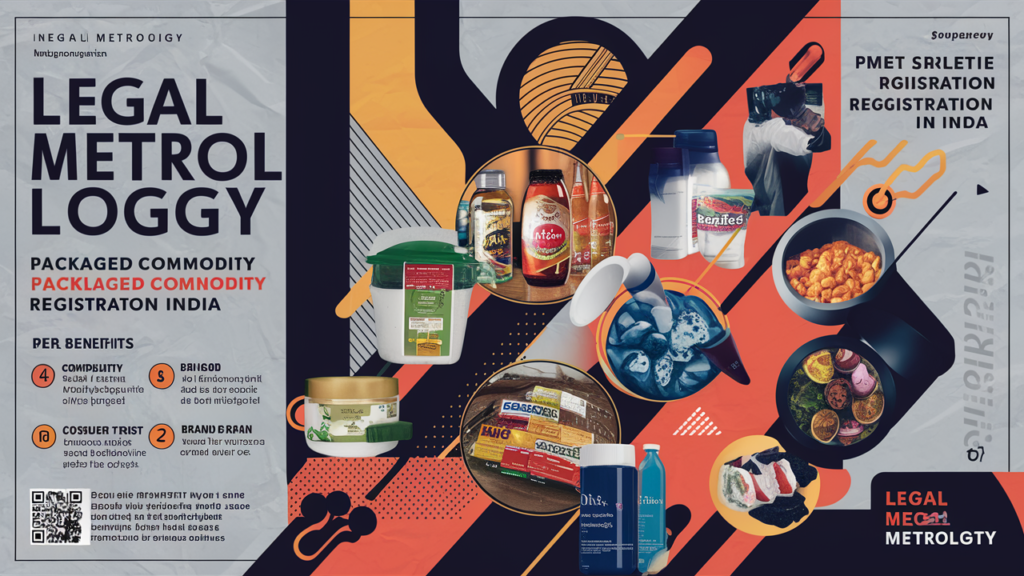Demystifying LMPC Registration in India: A Guide to Legal Metrology Compliance

Ever wondered about the accuracy of the weighing scales you use at the market or the measuring instruments used at a gas station? The Legal Metrology Packaged Commodities (LMPC) registration process in India ensures that these instruments meet specific standards, protecting consumers from potential inaccuracies. This blog post will unveil the essential aspects of LMPC registration, empowering businesses that manufacture or pack these commodities to comply with regulations and maintain fair trade practices.
What is LMPC Registration?
LMPC registration, mandated under the Legal Metrology (Packaged Commodities) Rules, 2011, is a requirement for manufacturers and packers of certain pre-packaged commodities. It signifies that the quantity or size declarations on the package are accurate and comply with government-specified standards.
Products Covered Under LMPC Registration:
- Food Items: Cereals, pulses, spices, edible oils, tea, coffee, sugar, etc.
- Beverages: Soft drinks, bottled water, fruit juices, etc.
- Toiletries: Soaps, detergents, shampoos, toothpaste, etc.
- Cosmetics: Creams, lotions, makeup items, etc.
- Pharmaceuticals: Certain pre-packaged medicines.
- Industrial Products: Lubricants, paints, etc.
Benefits of LMPC Registration:
- Consumer Protection: Guarantees accuracy in quantity or size declarations, fostering trust with consumers.
- Compliance: Ensures adherence to legal regulations and avoids penalties for non-compliance.
- Market Access: Enables manufacturers and packers to sell their products across India without restrictions.
- Brand Reputation: Projects a professional image and signifies commitment to fair trade practices.
Process for LMPC Registration:
- Identify Applicable Standards: Determine the relevant Legal Metrology standards based on the product category. You can find these standards on the Department of Consumer Affairs website ([invalid URL removed]).
- Testing and Model Approval: Get your packaging machines and measuring instruments tested and approved by a government-approved laboratory.
- Online Application: Visit the LMPC online portal of the Department of Consumer Affairs and initiate the registration process.
- Documentation: Submit necessary documents, including test reports, product details, packaging specifications, and factory details.
- Fee Payment: Pay the prescribed registration fee based on the product category.
- Registration Certificate: Upon successful verification and approval, you’ll receive an LMPC registration certificate.
Additional Considerations:
- It’s advisable to consult a legal professional or consultant specializing in LMPC registration for guidance on the process and specific requirements for your product category.
- LMPC registration generally has a validity period of two or three years, requiring renewal for continued compliance.
- Maintain proper documentation related to testing, calibration, and production for potential inspections by LM enforcement authorities.
Conclusion:
LMPC registration plays a crucial role in ensuring fair trade practices and consumer protection in India. By understanding the LMPC registration process and adhering to the regulations, manufacturers and packers can operate with confidence and contribute to a transparent and accountable marketplace. Remember, this blog provides a general overview. It’s recommended to refer to the Department of Consumer Affairs website ([invalid URL removed]) for the latest regulations and detailed procedures. Let’s work together to build a more trustworthy and efficient market system!
